Category: Business
-
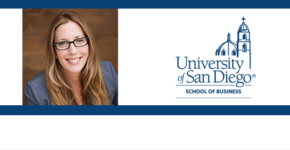
Jennifer Mueller, University of San Diego – Leadership Resisting Creativity
Leaders say they welcome innovation and new ideas, but do they in practice? Jennifer Mueller, associate professor of management at the University of San Diego, explains why many organizations actually reject creativity. My research examines the biases people have against creative ideas and creative people. I wrote a paper, “The Bias Against Creativity” that went…
-

Dawn Keig, Whitworth University – Hidden Corruption
There are multiple forms of corruption to keep an eye on. Dawn Keig, associate professor of business at Whitworth University, examines formal and informal corruption and how they affect firms differently. Dawn Keig teaches Strategic Management and is Chair of the Business and Economics department at Whitworth University in Spokane, Washington. Her research examines how…
-

Stacie Bosley, Hamline University – Pyramid Schemes
Everyone has been pitched on a pyramid scheme. Stacie Bosley, assistant professor of economics at Hamline University, discusses risk factors for victimization and how to keep yourself and loved ones’ finances safe. Stacie Bosley is an economist who focuses on microeconomics and behavioral economics in both her research and teaching. Bosley is presently studying the…
-
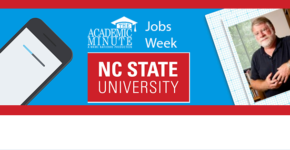
David Zonderman, North Carolina State University – Labor Unions
We hear a lot of negative news about labor unions. David Zonderman, professor of history at North Carolina State University, discusses how labor unions came to flourish and whether they should play an important part of our future. David A. Zonderman is an Alumni Distinguished Undergraduate Professor and Department Head in History at North Carolina…
-
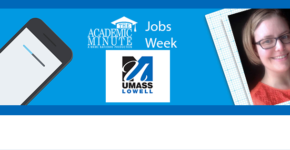
Kacey Beddoes, University of Massachusetts Lowell – Wage Gap
Do women negotiate for higher salaries at the same rate as men? Kacey Beddoes, assistant professor of sociology at the University of Massachusetts Lowell, discusses new insights into that question and implications of how the wage gap is explained. Kacey Beddoes is an Assistant Professor of Sociology and Faculty Associate of the Center for Women…
-

Kimberly Merriman, University of Massachusetts Lowell – Gig Work
Temporary workers are playing a bigger part in our economy. Kimberly Merriman, associate professor in the department of management at the University of Massachusetts Lowell, examines gig work and why it’s increasing. Dr. Merriman is a widely published scholar and a recognized authority on compensation by sources such as the Wall Street Journal and The…
-
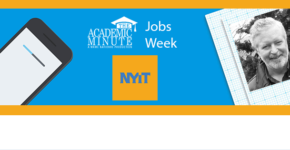
Kevin LaGrandeur, New York Institute of Technology – A.I. Taking Jobs
The robots are coming for our jobs. Kevin LaGrandeur, professor in the department of English at New York Institute of Technology, explains why artificial intelligence is the biggest job killer in our society. The scholarly work of Kevin LaGrandeur proves that the humanities and sciences have more in common than meets the eye. His book,…
-

Sarah Moore, University of Puget Sound – Millennial Workers
Our assumptions about younger workers may need some updating. Sarah Moore, professor and chair of the psychology department at the University of Puget Sound, explores the stereotypes about millennials. Sarah Moore is Professor and Chair of the Department of Psychology at the University of Puget Sound. Since joining the faculty in 1993, her research has…
-

Amanda Lotz, University of Michigan – The Media is a Business
The media is also a business. Amanda Lotz, media studies professor at the University of Michigan, discusses this statement. Amanda D. Lotz is professor of Communication Studies and Screen Arts and Cultures at the University of Michigan. Her research examines the operations of the U.S. television and the representation of gender on television. She teaches…
-
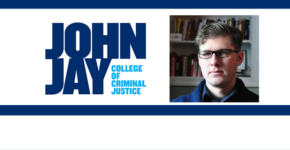
Richard Ocejo, John Jay College of Criminal Justice – Are Low Status Jobs Cool?
Is our view of culture shifting? Richard Ocejo, associate professor of sociology at the John Jay College of Criminal Justice, looks into this question. I am an associate professor of sociology at John Jay College, and also a member of the doctoral faculty in sociology at the Graduate Center. My forthcoming book, Masters of Craft:…
